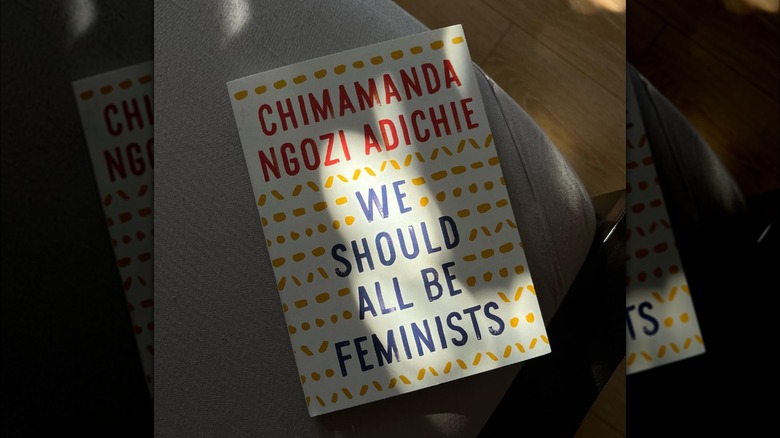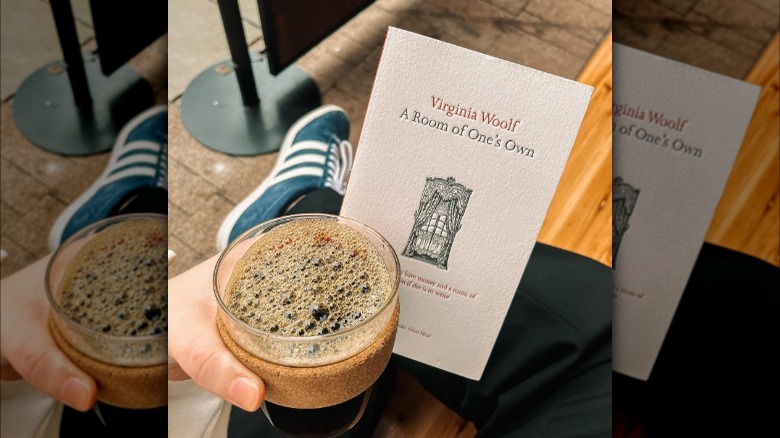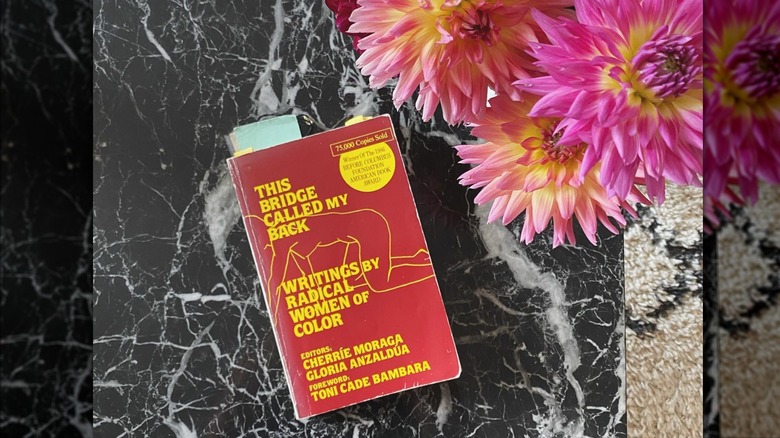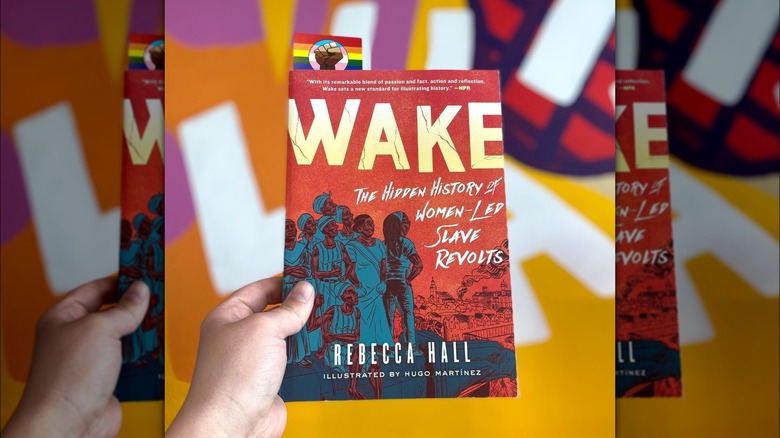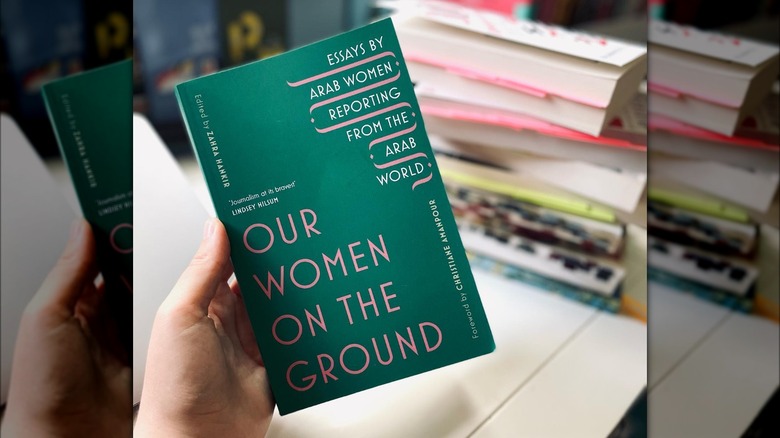5 Essential Nonfiction Books To Read For Women's History Month
While we like to appreciate women all year long, Women's History Month is an especially great time for feminist celebration. First established in 1987, this month-long commemorative holiday is an opportunity to learn about the feminist movement and acknowledge courageous women of the past and present. Beyond learning the fascinating history of International Women's Day, we recommend picking up a feminist nonfiction book as a way to celebrate.
This genre, which can range from historical accounts and contemporary memoirs to philosophical treaties and essay anthologies, isn't as intimidating as it may first seem. Besides being great reading for a weekend getaway, nonfiction has lots of accessible and genuinely interesting reads that provide insight into both women's history and contemporary issues. If a broader exploration of feminism doesn't appeal to you, then you can always go a little more niche, choosing books that explore things like the history of Black women in Pop music or the untold stories of WWII's "ghetto girls."
While there is no limit to the number of worthwhile reads within the feminist nonfiction genre, we've selected five that are essential to your Women's History Month celebrations.
We Should All Be Feminists by Chimamanda Ngozi Adichie
Adapted from a TEDx talk of the same name, "We Should All Be Feminists" is a 65-page essay that approaches feminism's core values from a 21st-century perspective. Published in 2012, this short text serves as an accessible feminist primer that is perfect for Women's History Month.
As a bestselling novelist, Chimamanda Ngozi Adichie channels her unique voice and clever prose to argue effectively for a modernized definition of feminism. Drawing from her experiences in the U.S. and in Nigeria as well as exploring broader, institutional forces, she demonstrates why people of all genders should be invested in the fight for equality.
A Room of One's Own by Virginia Woolf
If you're looking for some classic literature, then Virginia Woolf's "A Room of One's Own" is a great Women's History Month pick for you. This book, which was published in 1929, is an extended version of lectures that Woolf delivered at two women's colleges in the 1920s. Though lacking in the intersectional lens important to modern feminist writings, this text makes important points regarding women's place in education and literary tradition. The essay employs a fictional narrator and narrative to demonstrate its points but is a nonfiction text overall.
This Bridge Called My Back: Writings by Radical Women of Color edited by Cherríe L. Moraga and Gloria E. Anzaldúa
"This Bridge Called My Back" is a highly influential collection that is remarkable in its focus on women of color. Published in 1981 as a response to white feminists' racism, this anthology gave voice to women who were inadequately represented within the predominantly white framework of the feminist movement.
Its content ranges from personal essays and interviews to poetry and visual art, but all centers around the importance and multi-faceted issue of identity within the movement. Not only is it an archival reflection of the state of feminism during its publication, but its implicit and explicit demand for representation continues to be relevant to modern-day feminism.
Wake: The Hidden History of Women-Led Slave Revolts by Rebecca Hall
Through historian Rebecca Hall's reconstructive research, "Wake" explores the overlooked stories of women within slave revolts and the modern impact of slavery in America. More specifically, Hall reconstructs the stories of two rebels, Adono and Alele, during the Middle Passage and revives the history of women-led revolts in colonial New York.
A hybrid graphic novel and memoir comparative to Art Spiegelman's "Maus," this text combines historical research with personal experience to create an emotional rumination on both the history and legacy of slavery through a feminist lens.
Our Women on the Ground: Essays by Arab Women Reporting from the Arab World edited by Zahra Hankir
"Our Women on the Ground" is another important nonfiction read that is perfect for Women's History Month. Featuring essays from 19 Arab women journalists, this collection paints a unique and experience-based picture of the lives of female reporters (and one photojournalist).
Giving voice to how these women navigate both unique and universal issues, such as sexual harassment, political conflict, and war violence, "Our Women on the Ground" provides a nuanced testimonial to combat the predominately westernized view of Arab conflict and the women living through it.

